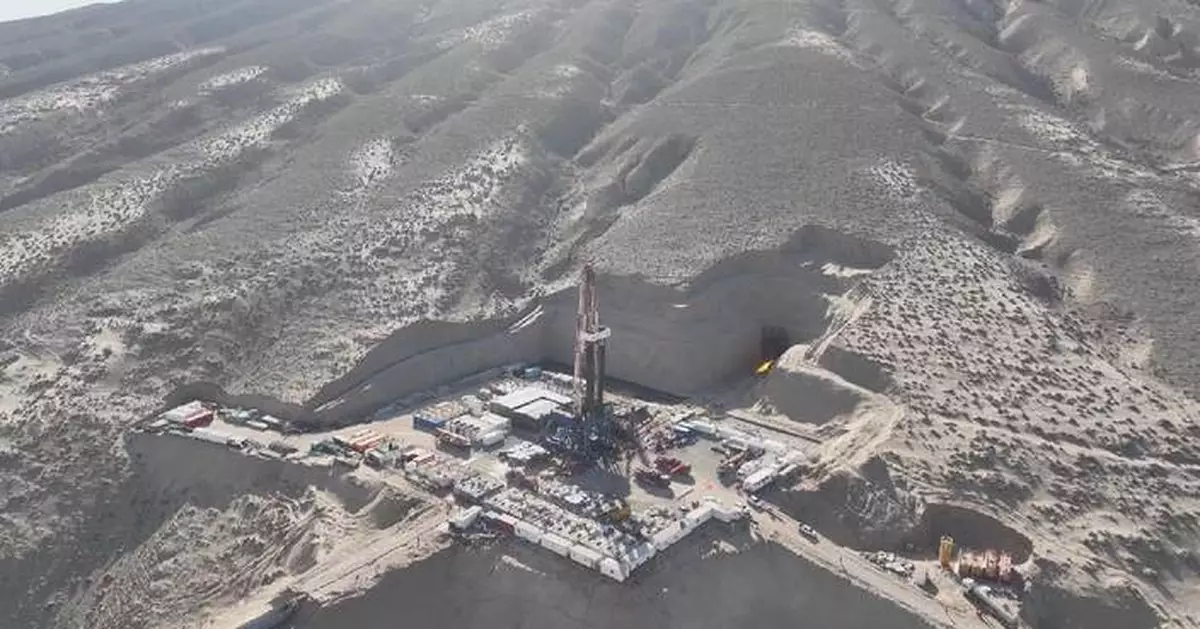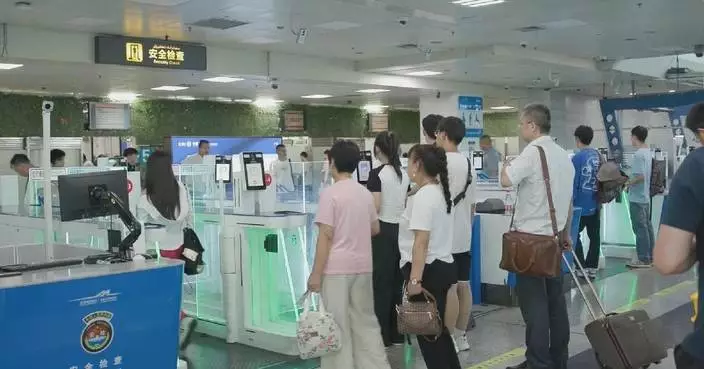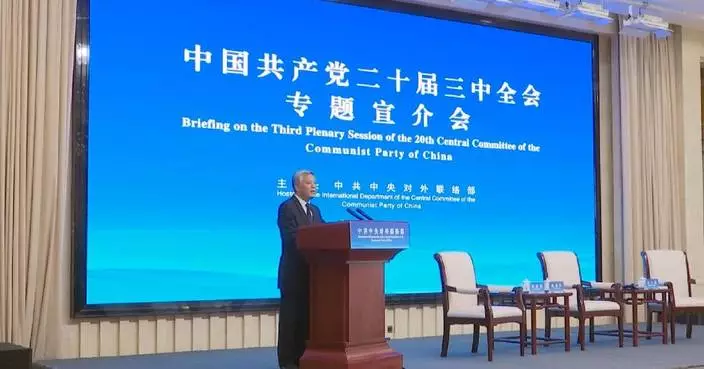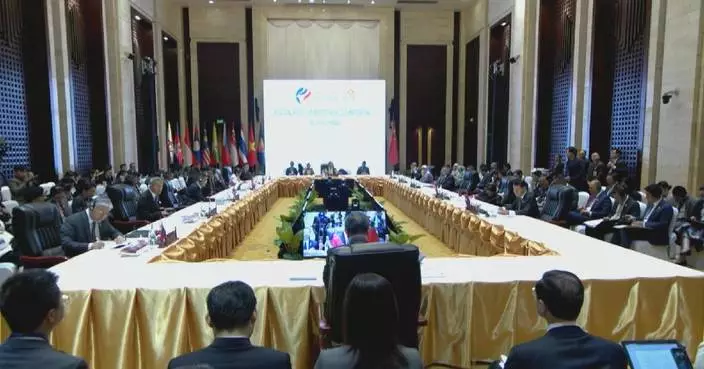Tarim Basin, a major natural gas source in northwest China's Xinjiang Uygur Autonomous Region, has seen vigorous development with 12 new gas wells in being put into operation in Tarim Oilfield since the beginning of the year, elevating the gas supply capability in southern Xinjiang.
These developments have seen the oilfield's average daily gas supply top 16 million cubic meters, while new infrastructure now lets this gas flow on a 4,000-kilometer pipeline that runs from Xinjiang all the way to the eastern metropolis of Shanghai, according to oilfield operators.
"We have connected the natural gas pipeline network in Southern Xinjiang with the west-east gas pipeline network by building new pipelines. Branch lines covering a wider range of counties and villages have also been built and we have set up four compressor stations to elevate gas supply capability," said Chang Guichuan, head of the transportation and marketing department of PetroChina Tarim Oilfield Branch.
New natural gas reserves have been found in Tarim Oilfield with the help of new exploratory wells. A new natural gas processing plant has been built on the Pamirs Plateau, pushing up the area's daily processing capacity from one million cubic meters to three million cubic meters.
With the establishment of Bozi natural gas processing plant in the southern parts of the Tian Shan mountains, the gas-bearing area is able to process over 30 million cubic meters of natural gas.
A total of 32 oil and gas fields have been built surrounding the Tarim basin since the country started an exploration campaign in the area 35 years ago.
The area has proven oil and gas reserves reaching 3.5 billion tonnes of oil equivalent and has a total gas output of over 400 billion cubic meters.
Oil and gas exploration and production have driven high-quality socio-economic development in Xinjiang and have also helped ensure China's energy security.
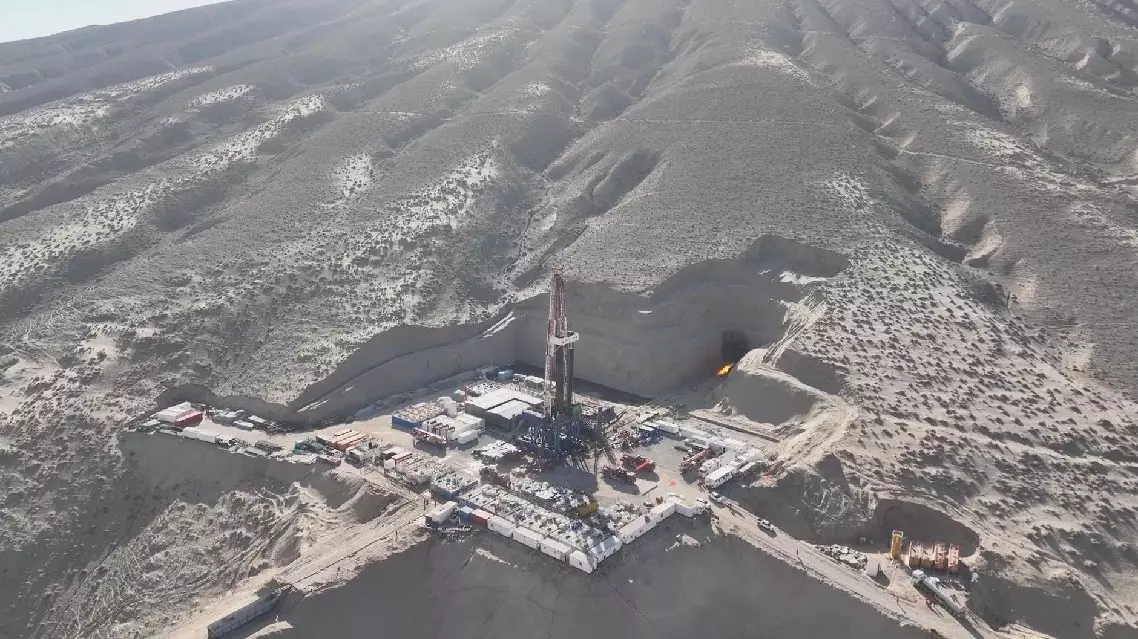
Xinjiang's Tarim Basin ramps up gas exploration
On his second official visit to China, Prime Minister of the Republic of Vanuatu Charlot Salwai expressed admiration for China's remarkable ability to balance preserving its cultural heritage with embracing innovative transformation.
Salwai paid an official visit to China from July 7 to 12. During his trip, he toured the southern province of Guangdong and explored the megacities of Beijing and Shanghai. His visit included tours of high-tech companies, a ride on a high-speed train, and a performance of traditional Cantonese opera.
In an interview with China Central Television Network (CCTV) aired on Friday, Salwai recounted his journey starting with a warm welcome that included enjoying Beijing Roast Duck, also known as Peking Duck -- a culinary delight introduced to him by the Chinese ambassador in Vanuatu.
"Many had to say. Peking Duck. Because we had it here on our arrival, so it was very tasty. And I understand that the Chinese ambassador in Vanuatu brought us to one of the traditional restaurants, small but beautiful," he said. The prime minister sees China's preservation of its culture as a vital lesson in understanding one's roots and the journey to the present day, acknowledging China's efforts to integrate cultural preservation with modernization.
"It's going to be my second official visit to China. I'm always impressed to see big changes and especially innovations made by China and especially the cities. Because a big impression is to see how China continues to maintain and keep its culture. Because I think it's the basis of everything -- to know where you come from and to understand where we are today. I feel that China is doing a lot to maintain its culture, but at the same time, doing, innovating to transform its culture,” Salwai said.
He also emphasized the importance of learning from China's sustainable development strategies.
"Today, it comes from a long way, some hardship, the government, and also the people of China. So, I'm impressed to see what is done, especially how China associates infrastructure development with nature. That's meant to keep, continue to keep the environment. It takes effort with the climate change by maintaining the ecosystem. I think it's something that, for a small country like Vanuatu, is important to learn. So, we are here. I'm here with my delegation to learn," Salwai said.

Vanuatu's PM commends China's cultural preservation, innovation amid fast growth



